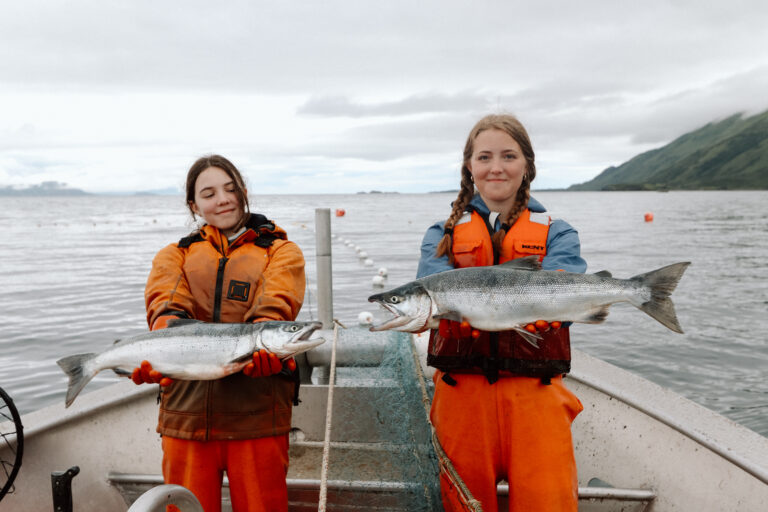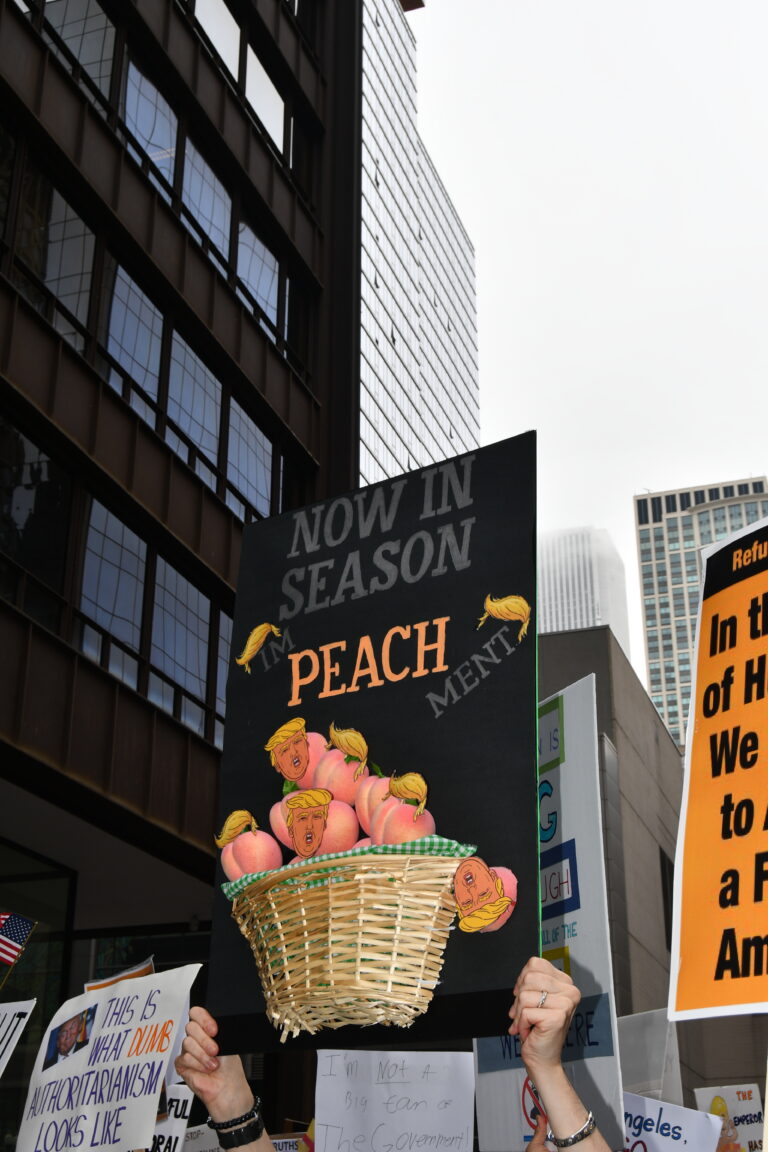
Growing Better, Not Faster: Michigan’s Organic Farming
Within twenty minutes of meeting Dave Bos at his vines on Old Mission Peninsula, the neighbors stopped by to say hello.
“How are the grapes?” they call out with a friendly wave. Bos, who walks these vines daily and knows them like the back of his hand, is happy to answer. He doesn’t know these neighbors well, but they’ve been watching what he’s doing in the vineyard, and they’re impressed. “Glad you’re the one taking care of it,” they say and continue on their walk.
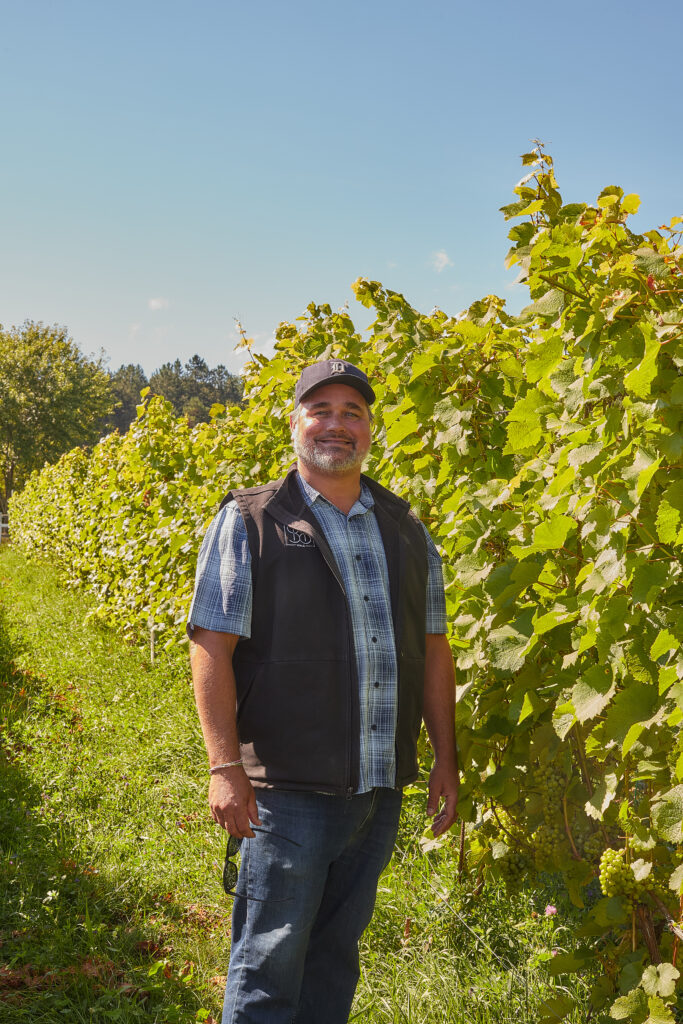
BOS Wine was born when Bos and his wife Jackie were searching for a place where they could live the life they wanted to: raise their kids, grow grapes, and make good wine. During a trip to Michigan to visit family in 2017, they finally realized that the answer had been under their noses all along. His early career in Napa Valley gave him the foundation of a lifelong passion for organic farming that Bos has brought back with him to the Michigan wine scene. He’s been consulting in vineyards in the Traverse City area for the last eight years, patiently working with the owners to convert them to organic and biodynamic growing practices.
“Farmers up here live by ‘Don’t be the first, don’t be the last,’” says Bos. Whether a new pruning technique or bird nets or organic farming, adopting new techniques or changing anything is a huge risk, especially for a community already operating on razor thin margins at the mercy of Mother Nature. When he was establishing a client base and getting to know the community, Bos met farmers where they were, allowing him to ease them into making big changes one small step at a time.
Early on, he took on a wide variety of clients, some of whom paid him nothing for his support. The previous owners of the vineyard where Bos grows his now-biodynamic Riesling were one such case. “It was a mindset shift. If I really wanted to get in there and change an industry and help everyone, some people are just going to get it for free.”
As he runs his hands through the flourishing cover crops, Bos talks about philosophy as much as farming. “There are shades of green,” he says, referring not to the vines but to the spectrum of sustainable practices in vineyard management. “Personally, I’m on the deeper end, but I want clients to move in that direction only as quickly as they’re comfortable with.”
Bos’s pragmatic approach has him focusing first on the farm and soil health. “The vines are a recipient of that,” he says. “When you’re strengthening the vine by composting and cover cropping and doing all these things, you’re setting the vine up to be more successful.” Bos shows me the ingredients for the soil amendments he prepares himself, pouring the dried nettle leaves into my hands for me to smell and feel.
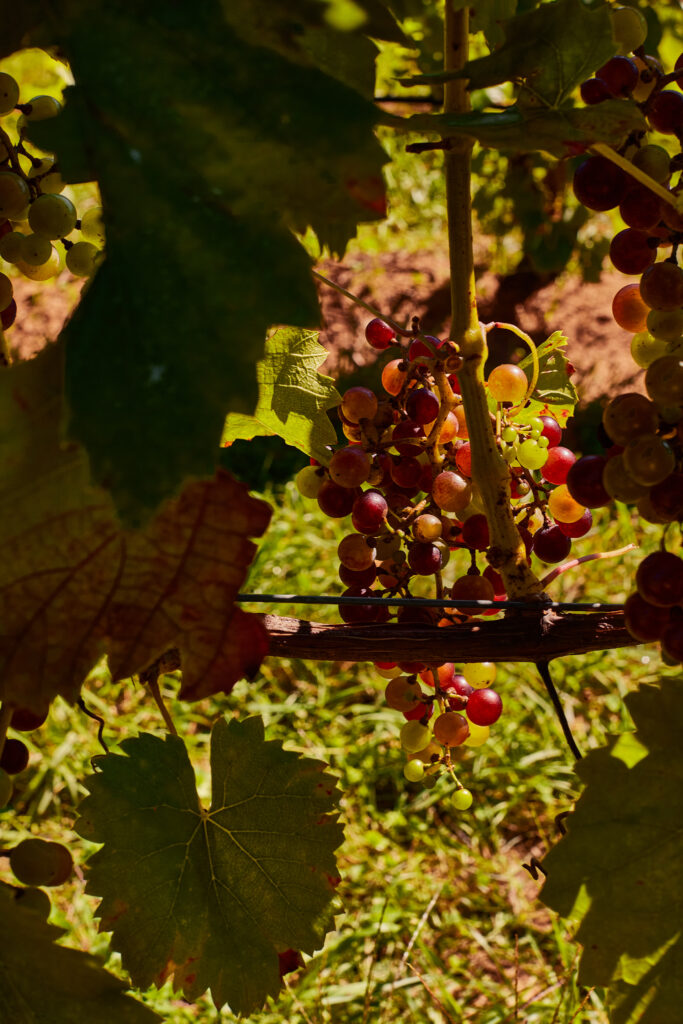
It’s been eight years since Bos started work in Northern Michigan, and the progress he’s seen in that time is encouraging to him. “It’s been cool to see the progress. It’s a small industry, and what it means to be organic and biodynamic isn’t marketed well yet.”
Bos is encouraged by the next generation of farmers who are seeking greener ways to farm. “They’re saying ‘Hey, we got to do something different with our farm if we want to be viable, and if we want our kids to stick around.’” Rather than being met with resistance, Bos is often met with hesitation from farmers who want to go organic but fear what that might do to their yields during the process. “No vineyard is perfect. If we’re not willing to openly talk about our problems and things that are not working, well, we can’t get ahead.”
Bos now makes wines from seven plots in Northern Michigan, experimenting with grapes he’d never have had the chance to in Napa, where vineyards are frequently torn out to replant with more profitable (and common) grapes, like Cabernet Sauvignon. The experimentation and freedom, along with the collaborative community there, has worked well for BOS Wines. Their portfolio, which is on display in their Elk Rapids tasting room, includes everything from petillant-naturel style sparkling white wines to ciders made from locally-foraged wild apples to light reds made from hybrid grapes.
Down the road from the BOS Wine Tasting Room is Interwater Farm, owned by Joann White, a fourth-generation farmer and trailblazer in her own right. With over 300 acres of cherries, apples, and peaches, White has a lot going on. Nearly four years ago, when she decided to transition to organic farming, that made the workload even more intense. “I took a little plot of cherries, peaches, and apples, and just said I’ll try to go from there and try it. I figured, what do I have to lose.”
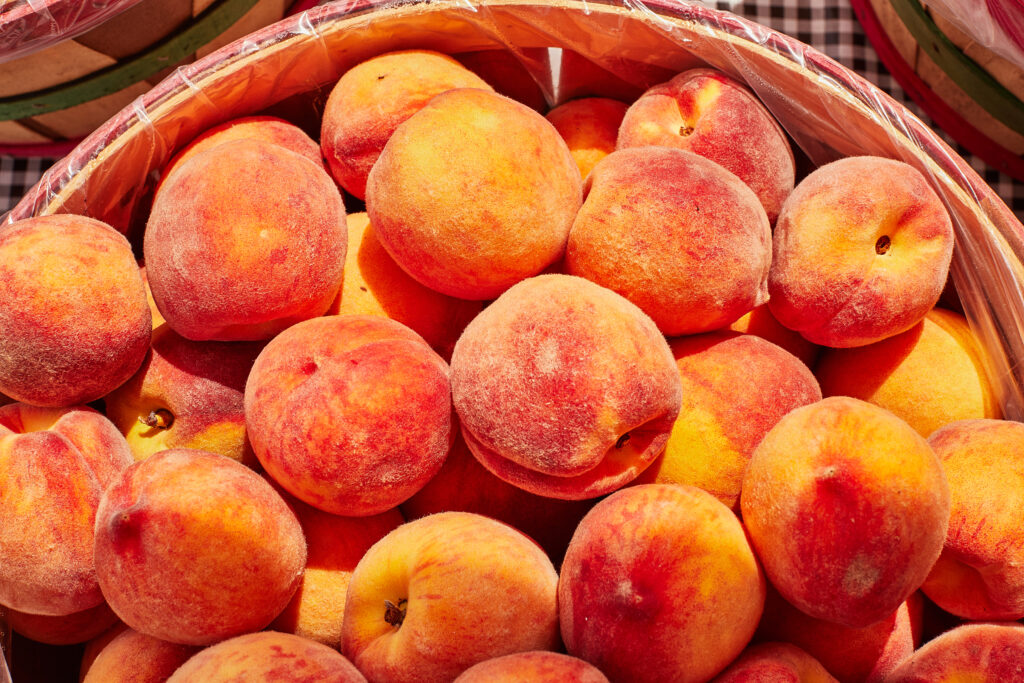
As one of—if not the—first farmers in Northern Michigan to officially make the transition, White took a risk, facing challenges ranging from the paperwork and logistics of the official certifications to finding salesmen who could procure the correct treatments for her to use. The work has paid off, and, following an inspection, some of her peaches and apples were officially certified as organic in summer 2025. Cherries and more apples and peaches will follow after a waiting period of three to four years.
“I notice it in the trees and in the fruits,” says White. “The peach trees are growing vigorously, and the fruit is so nice and sweet. I’ve gotten more compliments on it since I’ve transitioned.” White tells me that people at the farmers’ markets now thank her for providing an organic option. “People want the fruit from the farmer. They want to know where it came from.”
White’s investment of time and effort is already paying off. Her son, who is 19, recently changed his major to agriculture. “I’m so excited he wants to farm,” she tells me. He’s passionate about moving in the direction of a more organic way of farming and plans to come home to work alongside her next summer.
White hopes that being the first will pave the way for any other farmers looking to make a change. “After making the change, I just want to do more,” says White.
Photos by Page & Plate.


